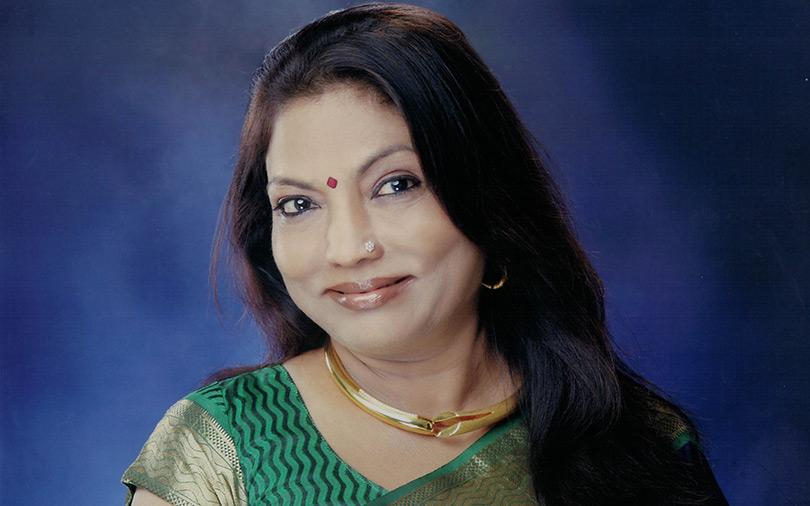In an exclusive chat with VCCircle, Kalpana Saroj, chairperson of Mumbai-based Kamani Tube Ltd, a manufacturer of copper tubes and rods, and rolling mill accessories, shares her painstaking journey – from an abused child bride to a successful serial entrepreneur. Edited excerpts:
What have been your early-life experiences that have made a difference to you as a person?
I am the daughter of a police constable, born in a Dalit family from Maharashtra. I was married off when I was just 12 and had not yet passed the 7th standard. It was a bad, abusive marriage. I left my husband and came back to my father’s house. I was ostracised and humiliated. I even tried committing suicide, but survived. I studied till the 10th standard, but could never complete my education. My qualifications were not enough to land me a job. I began knitting and tailoring and, eventually, came over to Mumbai. I brought my family along, but our woes did not end there. My sister fell seriously ill and I did not have enough money to get her treated. She died. But this did not deter me. Instead, it prompted me to fight even harder. That was the turning point in my life.
So, how did your entrepreneurial journey begin?
It was 1987-88, I had worked for about two-and-a-half years, and had become skilled at knitting. I took Rs 50,000 loan through a government scheme. This helped me buy a sewing machine. I would carry it to boutiques and work for 16-18 hours a day. Slowly, our financial condition started improving. Then, I started a furniture business, and saw some success. I was becoming known in my community and got into social work.
Then, one day in 1999, a person sought my help with a parcel of land that was stuck in litigation. Along with him, I worked to get it cleared. Over time, I secured the ownership of the land, but did not have any money to start a business. Subsequently, I got a partner who agreed to invest for a 65% stake. My contribution was the land. Over time, I got into the construction business and, later, set up a sugar factory.
How did you come to acquire Kamani Tube?
Kamani Tube was set up in 1960 as part of the Kamani Group led by NR Kamani. In 1985, it closed down. Then, following a Supreme Court order in 1988, it was taken over by a workers’ co-operative under a scheme sanctioned by the Board for Industrial and Financial Reconstruction. But by 1995, the scheme failed and the company could not be revived, and was declared a sick unit. In 2006, I took over the company and have been managing it ever since.
Now that you are successful, do you still feel a sense of discrimination?
Today, I feel no sense of discrimination. People look at the quality of your work and not your caste.
Do you give priority to Dalits or women while hiring?
Not really. People from all castes and communities work with us. But yes, I do look after the interests of people from my community, especially women, since they also face gender discrimination.
Do fora, such as the Dalit Indian Chamber of Commerce and Industry, really help Dalit entrepreneurs?
Yes. DICCI has definitively helped. People can go there without any inhibitions and seek help. Today, DICCI has 5,000 members, including 300 women.
Like this interview? Sign up for our daily newsletter to get our top reports.






